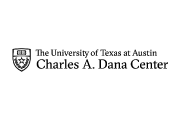February 2-4, 2021
Just Equations’ third annual Mathematics of Opportunity conference brought a social justice lens to how education systems, colleges, schools, and teachers are implementing math pathways that enhance deeper learning and advance equitable outcomes.
Highlights Video
Sessions
Click on the to see more information about the session, including speakers, sponsors, and supporting materials.
Math and its Aftermath: Reimagining Data for Justice
To claim a role for equity in math education requires examining what happens in its wake. Students leave math classrooms and enter careers and communities where their prior math experiences influence the opportunities they can pursue. At the same time, the algorithms they learn are deployed in ways that have profound implications for social justice. Just Equations Executive Director Pamela Burdman introduces the conference and this opening session which inquires into the perils and possibilities of math education in a digital age. In the first half, Princeton University professor Ruha Benjamin speaks about Innovation, Race, and Imagination in the Data Age. Then, in Student Voices: The Promise of Data Science Education, former data science students reflect on their experiences, in conversation with Viviann Anguiano of the Center for American Progress.
Video
Speakers

Associate Director for Postsecondary Education
Center for American Progress

Former Intoduction to Data Science Student

Associate Professor
Princeton University
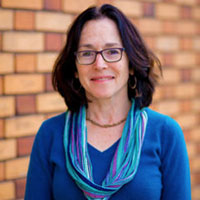
Executive Director
Just Equations

Former Intoduction to Data Science Student
Resources
Sponsors

Keynote Dialogue: Centering Equity in Math Education
Math education too often operates in ways that exacerbate, rather than alleviate, educational inequities. Leading thinkers on equity and mathematics share insights on the imperative and possibility of ensuring math education serves the goal of educational justice.
Video
Speakers
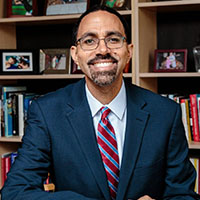
President & CEO
The Education Trust
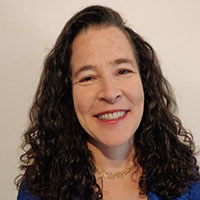
Congressional Policy Fellow American Mathematical Society
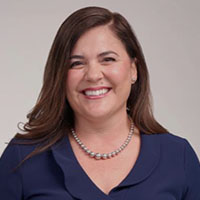
President
The Campaign for College Opportunity

Executive Director and Co-Founder
EduColor
Resources
Sponsors

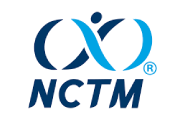
Equity in Math Assessment: Implications for Policy and Practice
Tests are routinely used to rank and sort students, whether for course placement, scholarships, or college admission. And traditional multiple-choice exams and timed tests emphasize speed over depth and answer-getting over understanding. They also neglect the ways math can be generative, creative, or interpretive. What do new approaches to math assessment mean for classroom practice and education policy?
Video
Speakers

Senior Director of Advocacy and Advancement
FairTest

Math and Computer Science Instructor
Los Angeles High School of the Arts

Math Specialist
New York Performance Standards Consortium
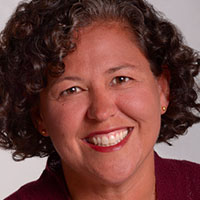
Director of Strategic Initiatives
Learning Policy Institute
Resources
- Assessing College Readiness Through Authentic Student Work
- Restarting and Reinventing School: Learning in the Time of COVID and Beyond
- Restarting and Reinventing School, Priority 3: Assess What Students Need
- Using Performance Assessments to Support Student Learning (Report)
- Using Performance Assessments to Support Student Learning (Research Brief)
- Crossing the River (Sample Problem)
- The Last Person Standing (Sample Problem)
Sponsors
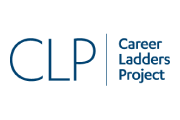

Social Justice Mathematics: Innovating for the Future
Learning math can offer students a way to understand, critique, and transform the world. In this session, researchers and educators continue building a shared conversation about teaching math for social justice: How can it contribute to math learning and educational equity? What are good strategies to advance its implementation in high schools and colleges?
Video
Speakers

Visiting Professor, Division of Mathematical and Computational Sciences
Morehouse College
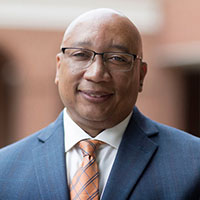
Professor of Mathematics Education & Associate Dean of Diversity, Equity, and Inclusion
University of Virginia
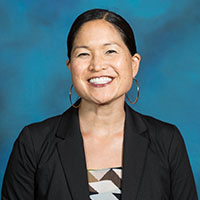
Assistant Professor of Mathematics Education
University of Pittsburgh
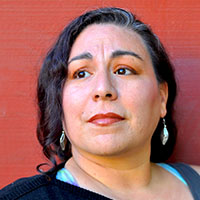
Associate Professor of Elementary Education
San Francisco State University
Resources
Sponsors

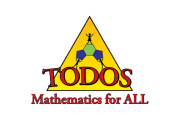
Disrupting Tracking in High School Mathematics
The National Council of Teachers of Mathematics has called for an end to the “insidious” practice of tracking students into “qualitatively different or dead-end course pathways.” But educational systems are still solving the challenge of how to do so. Education leaders and equity advocates discuss various district-level and state policy strategies that seek to ensure equal access to advanced high school math.
Video
Speakers

President
The Education Trust-West
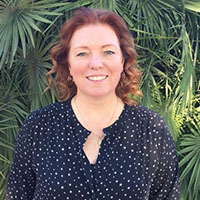
Mathematics & Computer Science Supervisor
San Francisco Unified School District

Superintendent
Ithaca City School District

Deputy Director and Chief of Partnerships
The Education Trust-New York
Resources
- Closing the Opportunity Gap:A Call for Detracking Mathematics
- High School Mathematics Is Not Working
- Mathematics Education Through the Lens of Social Justice
- Pursuing Equity and Excellence in Mathematics Course Sequencing and Placement in San Francisco
- SFUSD: Quick Facts about Math & Tracking
- Work to End Tracking and Offer Four Years of Meaningful Math Instruction
- A Pathway to Equitable Math Instruction
- For MLK Day, Educators Discuss Increasing Equity in Education
- Mia’s Mission to be a Mathematician (Book)
- Radical Equations: Civil Rights from Mississippi to the Algebra Project (Book)
- SFUSD Mathematics Department
- The Education Trust-West: Black and Latino Students Shut Out of Advanced Coursework Opportunities
- The Education Trust-West: College and Career Readiness
- The Gatekeepers: How School District Policies Can Open or Close the Door for Students to Take Advanced Coursework
Sponsors
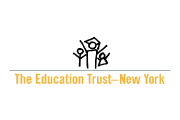
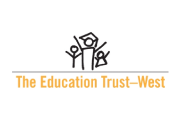
New Research on Creating Inclusive Math Classrooms
The traditional architecture of mathematics opportunity is grounded in misconceptions about math ability and reinforced by the use of mathematics achievement to preserve privilege rather than provide preparation. Changing that requires building awareness of inequities and developing an understanding of how to restructure classroom environments and norms. Participants discuss new research into how to make math classrooms more inclusive and how to ensure those insights are implemented.
Video
Speakers

Senior Research Analyst
Chicago Consortium on School Research

Assistant Professor
Cornell University and Weill Cornell Medicine
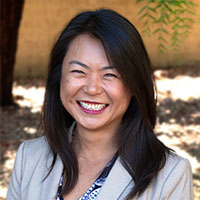
Educational Services Coordinator
San Leandro Unified School District
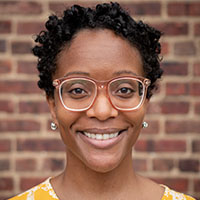
Postdoctoral Researcher
University of Delaware, College of Education and Human Development
Resources
- A Pathway to Equitable Math Instruction
- Am I a “Math Person”? How Classroom Cultures Shape Math Identity Among Black and Latinx Students
- Expanding Visions of Success in Mathematics for Marginalized Students: Building More Equitable and Inclusive Mathematics Environments
- Findings from the Inclusive Mathematics Environments Early Career Fellowship
- Five Guiding Principles for Creating Inclusive Mathematics Environments (from the Inclusive Math Fellowship)
- Inclusive Mathematics Environments Working Papers
- Mindset Scholars Network: Inclusive Mathematics Environments Early Career Fellowship
Sponsors


Implementing Postsecondary Math Pathways: Solving for Equity
Postsecondary systems around the country are redesigning math pathways to ensure all students can access college-level (rather than remedial) courses that are relevant to their interests or field of study. But though these changes are often adopted with equity goals in mind, whether or not they actually eliminate disparities will depend on how they are implemented. What design elements do leading researchers and practitioners say are necessary for success?
Video
Speakers
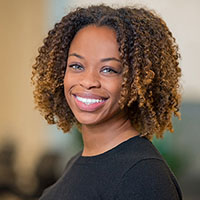
Senior Research Associate
Community College Research Center

Principal
Education Equity Solutions
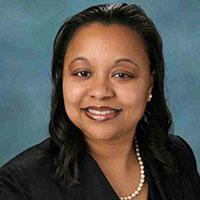
Vice Chancellor of Educational Services
California Community College Chancellor’s Office
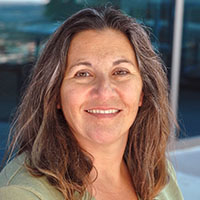
Chair, Mathematics Department
Cuyamaca College
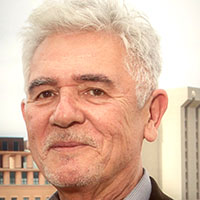
Professor of Mathematics & Director of Entry Level Mathematics
University of Cincinnati, Ohio
Resources
Sponsors


Minding the Gate: Reshaping College Admissions for 21st Century Math
As education systems redesign math pathways to expand equitable college opportunity, admissions policies can pose unique obstacles. Traditional math requirements have long served as a gatekeeper to selective colleges as well as competitive majors. How can we ensure that the way math figures into the admissions process is as equitable as possible?
Video
Speakers
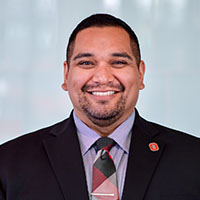
Director, Outreach and Recruitment Undergraduate Admissions
Ohio State University
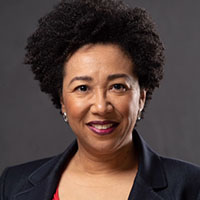
Executive Director, Newark City of Learning Collaborative,
Rutgers University-Newark

Professor and Department Chair
University of California-Davis School of Education
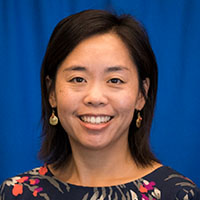
Director, A-G and Transfer Policy Analysis & Coordination
University of California
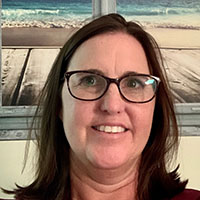
Head Counselor
Millikan High School
Resources
Sponsors
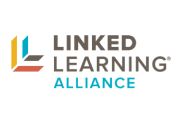

Prioritizing Math Opportunity Through State Policy
Students’ math experiences can profoundly influence their lives beyond the classroom. And policy decisions by state officials, boards, and systems—in areas ranging from admissions and placement policies to curricular alignment and professional development—can have a dramatic effect on how equitably the doors to educational and career advancement are opened. Join state education leaders in considering how to leverage state policy to promote math equity. Then, Just Equations’ Executive Director Pamela Burdman shares closing remarks.
Video
Speakers

Executive Director
Just Equations

Senior Deputy Commissioner for Education Policy
New York State Department of Education
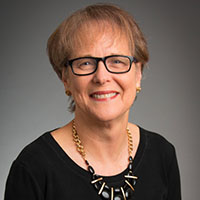
Interim Managing Director
Charles A. Dana Center
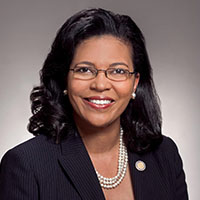
Commissioner of Higher Education
Louisiana Board of Regents
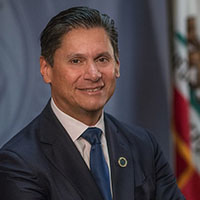
Chancellor
California Community Colleges
Resources
Sponsors
